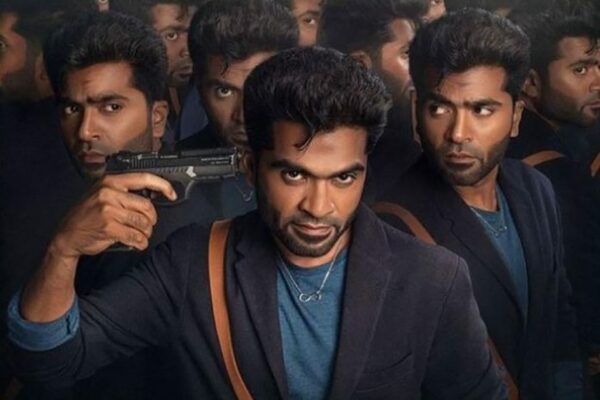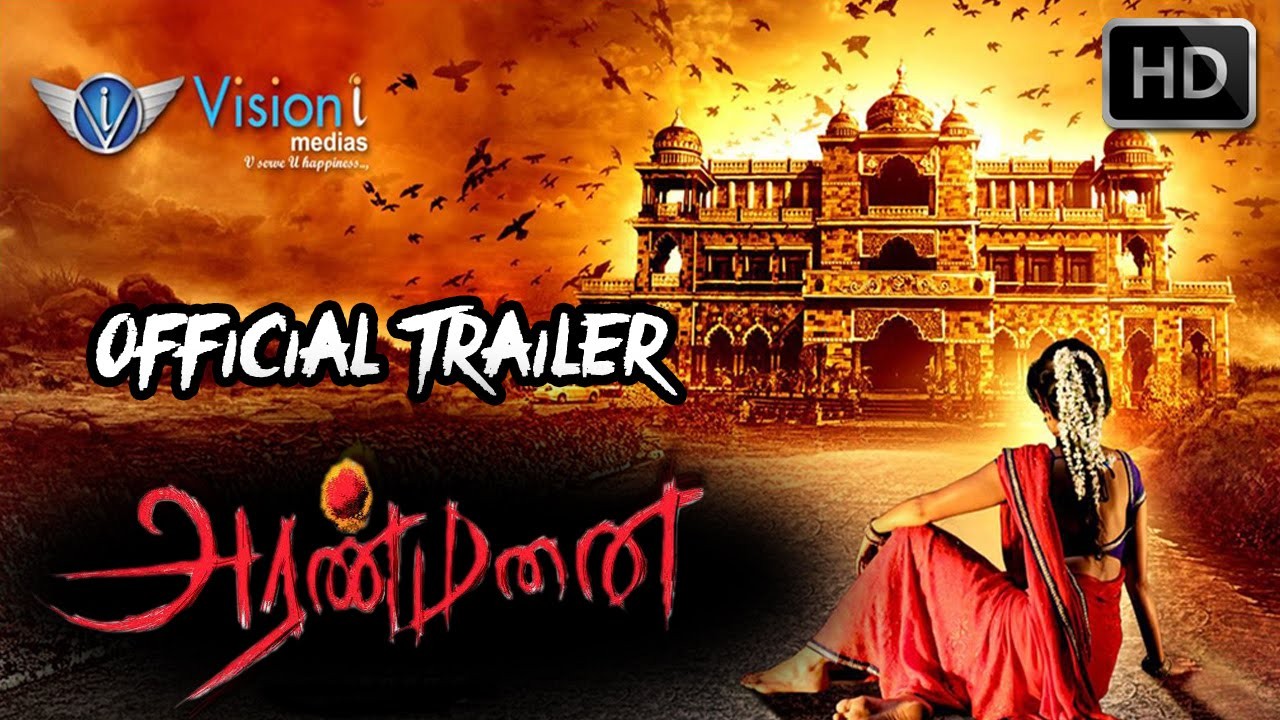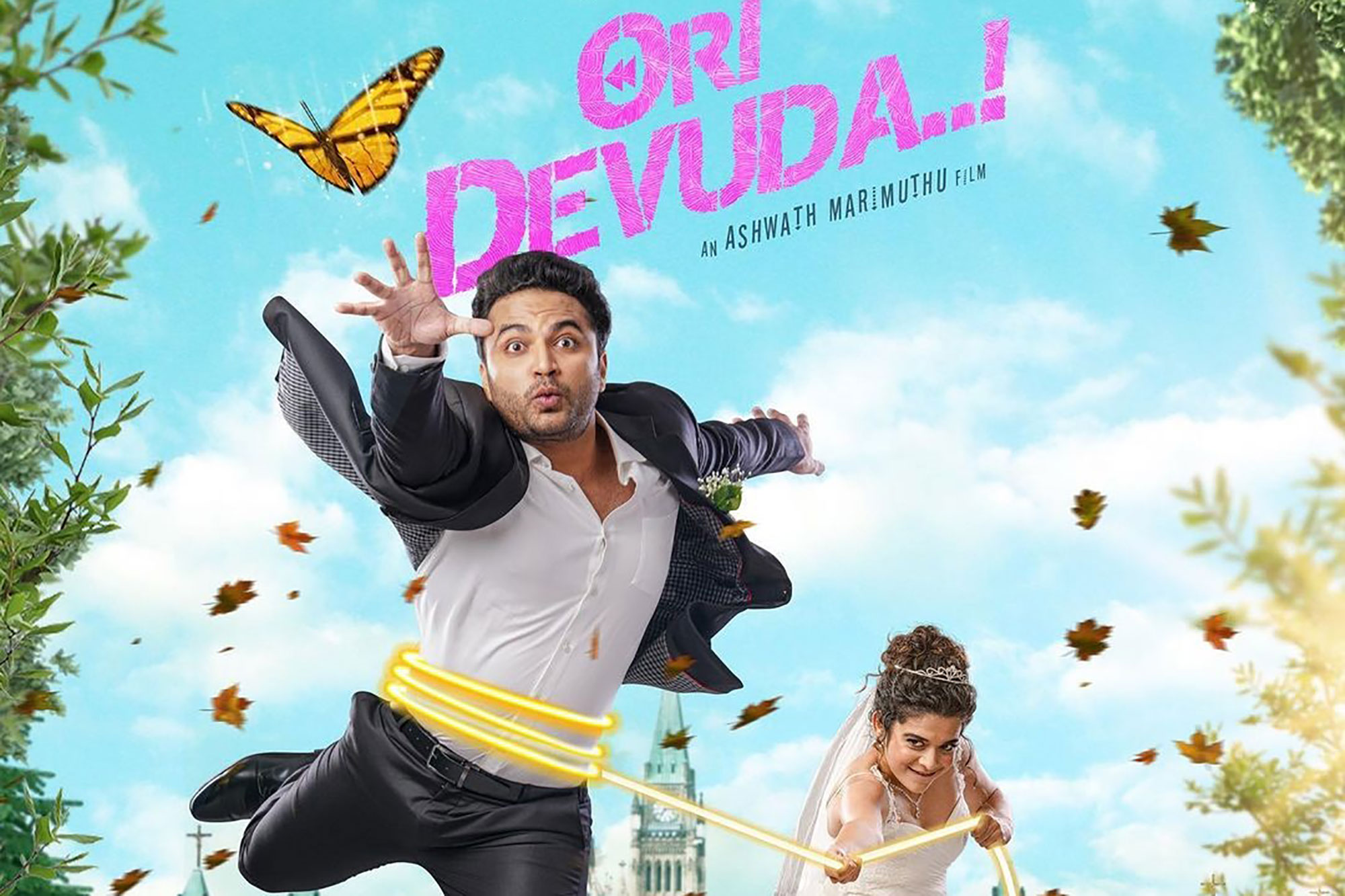Maanaadu is special for editor KL Praveen for more than one reason. Not only has the film, which released after several roadblocks, proved to be a crowd puller and brought in much appreciation for the team, the political thriller also marks Praveen’s 100th film as an editor.
In conversation with Silverscreen India, the veteran editor chats about his style of editing, working on star films, Maanaadu, and its potential sequel.
“The entire team is overwhelmed right now with the response. We knew Maanaadu would be a good film, but we did not expect the scale of this reception. We are still basking in the glory and patting each other’s back,” says an ecstatic Praveen.
Incidentally, he began his career as an editor with filmmaker Venkat Prabhu‘s directorial debut, Chennai 600028 (2007). 14 years and 99 films later, Maanaadu happened, again with Venkat Prabhu. So it feels like he has come full circle.
In between, the duo also collaborated on all the films directed by Prabhu, such as Saroja (2008), Goa (2010), Mankatha (2011), and Biriyani (2013), Massu Engira Masilamani (2015), and Chennai 600028 II (2016).
Praveen has also worked on some notable films such as Aaranya Kaandam, for which he won the National Film Award for Best Editing, and Kabali. In 2021 itself, he has seen about seven releases, including the Telugu film Republic and the Tamil anthology Kasada Thapara.
He tells us he heard the script of Maanaadu about 3-4 years ago. “I told VP (Venkat Prabhu) that it would be a huge film and if he delivered it right, he could make remakes as well,” says Praveen.
He adds that he is “very sure” that there will be a sequel to Maanaadu sometime in the future.
“VP had the core idea of a Muslim guy getting trapped into killing the CM in a different form while doing Biriyani itself. In fact, one of the subplots of that particular story was taken to make Biriyani,” he reveals.

Maanaadu is set against a backdrop of a political conference, with the protagonist getting stuck in a time loop, which gives him a chance to change the course of events. This means the film features a series of events repeatedly happening.
The team was clear on introducing the time loop idea in the promotions itself, mentions Praveen. “We wanted people to understand the basic concept.”
He says that they did not use any specific references when editing the film. “Although there are other time loop films, we used our own approach. It involved a lot of trial and error. And so, while I would usually take about two months to edit a film of this scale, Maanaadu took three and a half months. There was a lot of back and forth between my editing team and the direction department.”
“Our plan of action was to get all the scenes right, edit them, and put them back-to-back. Then, we plucked out portions that were not needed. Whatever you see in the first loop is the complete version of the day’s events, the second loop will be 80% of it, the third about 60%, and so on. When it comes to the second half, there won’t be any looping shots,” Praveen explains.
Editing is considered the most brutal of all the filmmaking departments as it involves retaining only what is absolutely essential.
The editor points out one particular scene in Maanaadu involving Silambarasan, SJ Suryah, and YG Mahendran. “Simbu had performed it as a single-take shot and it was phenomenal. What you see in the film is about seven minutes, but the first cut was around 22 minutes. Although it was written, performed, and shot well, I knew as an editor that it would not hold the audience’s attention for that long. So, we brought it down,” he recalls.
Revealing that the initial runtime of Maanaadu was two hours and 57 minutes, the editor says he cut out 29 minutes.
Praveen notes that his go-to style of editing is sound overlapping, which is otherwise called L Cut. The technique, which he also used in Maanaadu, involves overlapping the sound of the next shot with the previous one to make the cut smoother. His mentor, late cinematographer-filmmaker-editor Balu Mahendra, taught him the technique in 1999.
Among the 100 films he has cut so far, Praveen mentions the hardest for him were Mankatha, Maanadu, Madras, and Aaranya Kaandam. “The emotions in these film were quite hard to get right on the edit table. Mankatha was our first film with a big star (Ajith), which made it challenging in its own way.”
Praveen has since cut films featuring most of the top stars in the industry, including Rajinikanth’s Kabali, Suriya’s Massu Engira Masilamani, and Vijay’s Bhairava.
“For big films with big heroes, you need to cater to the fans. In Mankatha, we had the shot of Ajith sir coming from the jeep and slowly walking. Same with Maanaadu. The edit of Simbu’s introduction scene, where he puts on his goggles, was done in a way to ensure that fans get their moment,” he explains.
Recommended
Having crossed a century, the editor says he is now looking for stories that challenge him as a narrator, be they in the commercial, arthouse, or documentary space. “I don’t go based on the genre. It’s the story that is important. If it is new and appealing, it interests me.”
Praveen also keeps a tab on the works of other editors. His favourites include Aruvi (cut by Raymond Derrick Crasta) and the Malayalam film Nayattu (Mahesh Narayanan and Rajesh Rajendran).
The busy editor has already seen yet another release since Maanaadu: the Samuthirakani-starrer Chithirai Sevvaanam, which released on ZEE5 on Friday.
His editing desk is currently working on Ravi Teja’s Telugu film Rama Rao On Duty and the Vidharth-starrer Carbon.



